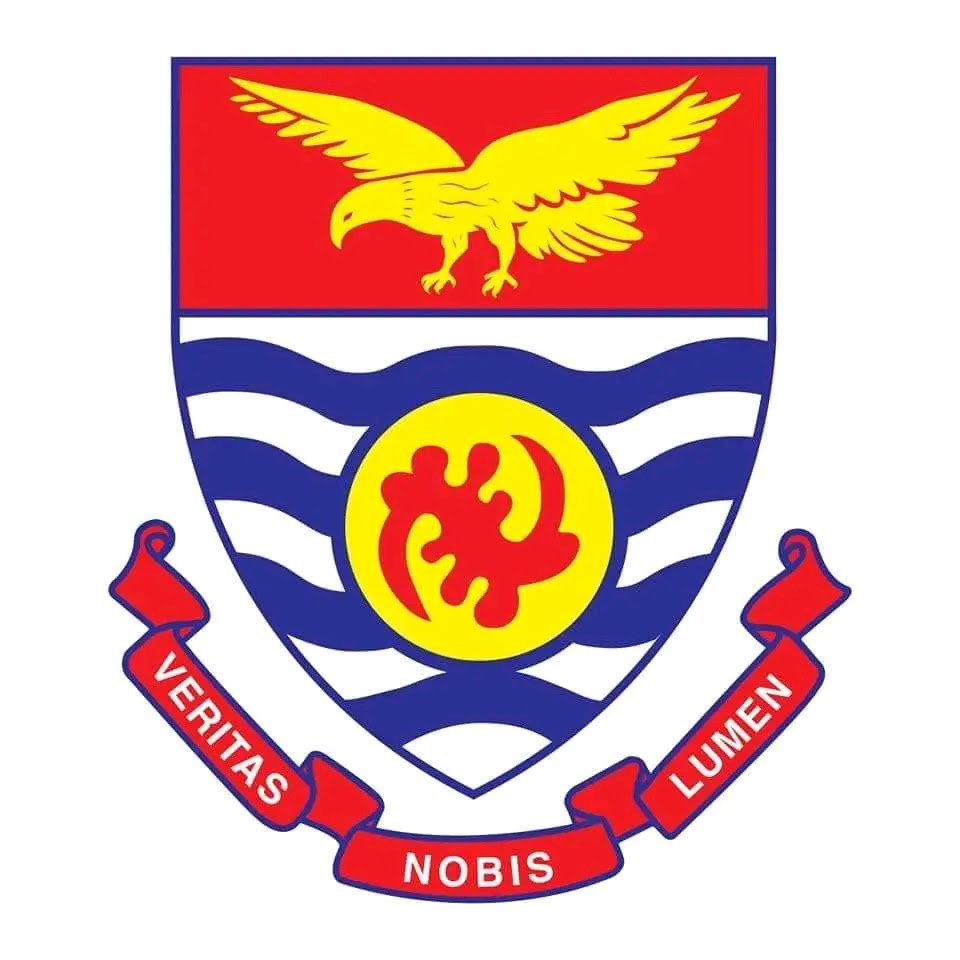Excellent BECE Social Studies Questions and Answers for Candidates (Set 1)

Social Studies is one of the core subjects that BECE candidates are required to pass if they are to progress to the SHS. In this post, we share with you another set of BECE Social Studies Questions and Answers for Candidates. We encourage candidates to observe how the answers have been crafted, and do the same when they are answering SOCIAL STUDIES questions at the BECE level.
Ensure the answers you provide are always self-explanatory.
CHECK THIS OUT: Over 2000 BECE Mock Questions, Likely Exam Questions And Answers (ALL SUBJECTS)
Excellent BECE Social Studies Questions and Answers for Candidates
49. What is culture?
Culture is a way of life of a society. Culture includes material things (food, work tools and clothing) and non-material things (beliefs, customs, rites, festivals and religion)
50. Differentiate between material and non-material aspects of culture
Material things in culture are the visible and tangible things or aspects of a given culture. This includes the food we eat; Gas eat kenkey, and work tools – farmers use hoes and cutlass while fishermen use nets and baskets.
Non – material aspect of culture consists of the invisible but noticeable aspects of our culture such as rites – puberty rites (Dipo) and naming rites, the language we speak –Ga, Ewe, Akan, Dagati and others.
51. Explain the characteristics or features of culture.
i. Culture is dynamic and cumulative. It is considered that no culture remains permanent. Culture is changing constantly as new ideas and new techniques are added in time to modify or change the old ways. It does not remain static but changes with time.
ii. Culture is progressive as it brings improvement into the lives of people.
iii. Culture is flexible and changes helping to do away with bad aspects. Knowledge; thoughts or traditions are done away with while new cultural traits are added.
iv. Culture is learned by any individual, especially if he/she grows up with that particular culture. He/she can learn behavior patterns including language and many other attributes. We can learn the culture of others especially if we become acquainted with them and get influenced with their personality and lifestyle.
v. Culture is diverse; culture is formed by many separate cultures. It is a system that has several mutually interdependent parts. Although these parts are separate, they are interdependent with one another forming culture as a whole.
vi. “Culture is ideational”. Culture forms an ideal pattern of behaviors that are followed by individuals expectedly. It provides guidelines that must be followed by members to gain social acceptance from the people with the same culture.
vii. Culture is shared by a group of people. We can consider a thought or an action as a culture if it is commonly shared and believed or practiced by a group of people. If it is commonly shared and believed by a group of individuals then it can be considered as their culture.
viii. Culture is diverse. It was considered that culture was formed by many separate cultures. It is a system that has several mutually interdependent parts. Although these parts are separate, they are interdependent with one another forming culture as a whole.
ix. Culture gives us a range of permissible behavior patterns. Culture provides us with the norms of appropriate behavioral patterns. It involves how an activity should be conducted, how an individual should appropriately act, as husband, wife, parents, child, and others. It tells us how to dress based on gender, occasions, statue and many more.
CHECK ANOTHER SET OF OUR QUESTIONS AND ANSWER DUBBED: Excellent BECE Social Studies Questions and Answers for Candidates
52. State five characteristics of culture
i. Culture is dynamic and cumulative. It does not remain static but changes with time.
ii. Culture is progressive as it brings improvement into the lives of people.
iii. Culture is flexible and changes helping to do away with bad aspects.
iv. Culture is learned by any individual, especially if he/she grows up with that particular culture.
v. Culture is diverse; culture is formed by many separate cultures.
vi. Culture is “ideational” and helps form ideal patterns of behaviour.
vii. Culture is commonly shared and believed by a group of individuals.
viii. Culture is dynamic and all aspects are interdependent on each other.
ix. Culture gives us a range of permissible behavior patterns.
53. List eight ways by which Ghanaians express their culture
i. The languages they speak such as Ga and Akan
ii. The food they eat. This includes Kenkay for Gas and Fantes
iii. The way they dress. They wear cloth, batakari and kente
iv. Games such as ampe, tuutare and oware
v. Music which they use to express their feelings.
vi. Ghanaians express their culture through religion;how they worship.
vii. Occupations such as fishing, farming and craft by fantes, Gas and Ewes help express our culture.
viii. Festivals like Aboakyri by the Winneba people and Fetu-Afatye by the people of Oguaa help express the culture of the Ghanaian.
54. Name five festivals and those who celebrate each.
i. Aboakyir – Winneba
ii. Bugum – Mamprusi
iii. Hogbetsotso – Anlo
iv. Odwira – Akwamu / Akyem/Akuapem
v. Kobine – Lawra
55. Name five festivals and the time each is celebrated in the year.
i. Homowo -August
ii. Kakube -Last week of November
iii. Fetu-Afahye -September
iv. Aboakyir -May
v. Hogbetsotso -November
56. Name five festivals and give one reason for the celebration of each.
i. The people of Winneba celebrate Aboakyir to honour the Penkye Otu Shrine.
ii. Odwira is celebrated by the Akwamu people to cleanse and purify the people and the town.
iii. Homowo by the Gas is celebrated in memory of a bumper harvest which saved the people from famine.
iv. Kakube is celebrated by the people of Namdom to thank the gods of the land and ancestors for the year’s harvest.
v. Hogbetsotso is celebrated by the Anlo people to remember how the people escaped from Agokorli, their wicked king.
Excellent BECE Social Studies Questions and Answers for Candidates
57. State five reason why festivals are celebrated
i. Festivals are celebrated to mark the beginning or harvesting of stable food such as maize.
ii. Festivals are also celebrated to purify the land and its people by the chiefs and Traditional Priests.
iii. They are also celebrated to renew our loyalty to chiefs and pay them homage.
iv. Festivals are celebrated to review the past year’s mistakes and plan for the future.
v. Festivals are celebrated to educate the youth about their traditions and customs.
58. State five importance of festivals.
i. Festivals help mark the beginning or harvesting of stable food such as maize.
ii. Festivals are also held to purify the land and its people by the chiefs and Traditional Priests.
iii. They also help to renew our loyalty to chiefs and pay them homage.
iv. Festivals help to review the past year’s mistakes and plans for the future.
v. Festivals help to educate the youth about their traditions and customs
CHECK THIS OUT: Over 2000 BECE Mock Questions, Likely Exam Questions And Answers (ALL SUBJECTS)
We have no doubt that these Excellent BECE Social Studies Questions and Answers for Candidates are good and will aid your preparation for the BECE.
Source: Ghana Education News


 WASSCE 2024 Integrated Science Sample Questions
WASSCE 2024 Integrated Science Sample Questions  UCC extends admission deadline for Ed. degree programme (Switch 3.1)
UCC extends admission deadline for Ed. degree programme (Switch 3.1)  2024-2025 Academic Calendar for Private Schools Out
2024-2025 Academic Calendar for Private Schools Out  Civil Service Announces 2024 Online Examination Details for Graduate Applicants
Civil Service Announces 2024 Online Examination Details for Graduate Applicants  BREAKING: President Biden Announces Decision Not to Seek Reelection
BREAKING: President Biden Announces Decision Not to Seek Reelection  Real Reason Behind the Appointment of Yohunu as Deputy IGP
Real Reason Behind the Appointment of Yohunu as Deputy IGP  2024 BECE Graduates To Start SHS In September -GES
2024 BECE Graduates To Start SHS In September -GES